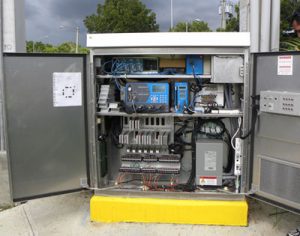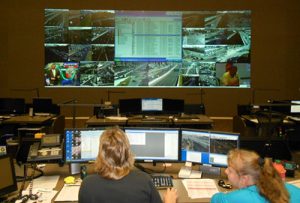Transportation Engineering is related to the application of scientific principles and the use of technology to ensure that the movement of people and freight is carried out in a safe, fast, comfortable, convenient, economical, and environmentally sustainable manner. High-quality transportation systems are essential for the economic and social development of our cities. Current challenges in transportation include the increase in traffic congestion, longer commute distances, continuing road safety problems, unchecked urban sprawl, limited access to public transportation, the systemic neglect of pedestrian and cyclist needs, motorized vehicle emissions and related energy consumption concerns, and the inefficient movement of goods. These challenges create the need for engineers capable of designing and implementing innovative solutions to address transportation problems.
Transportation engineers have the skills to plan, design, construct, operate, and maintain roads, airports, port terminals, mass transportation systems, and railroads, among other facilities and systems. In the process of performing these tasks, the transportation engineer combines specialized transportation knowledge with fundamental knowledge from the fields of mathematics, physics, economics, and computer programming, among others. The use of technology to develop intelligent transportation systems is an ever-growing area of interest for transportation engineers. Examples of intelligent transportation systems include the use of sensors and video cameras to compile live traffic information that is used to manage vehicle flows on roads. Another important application of intelligent transportation systems is the use of communication systems to provide real-time information to travelers regarding traffic conditions or the location of public transport vehicles.
Transportation Area Coordinator: Dr. Ivette Cruzado: ivette.cruzado@upr.edu


